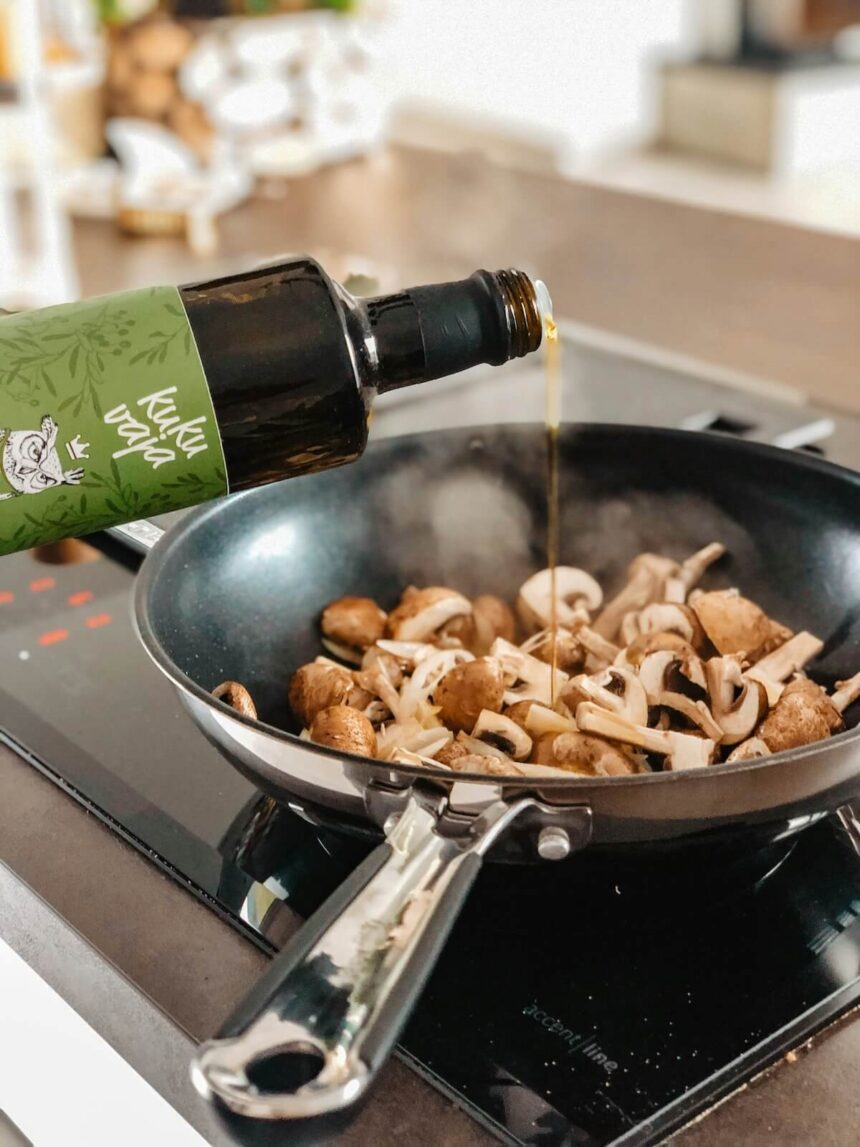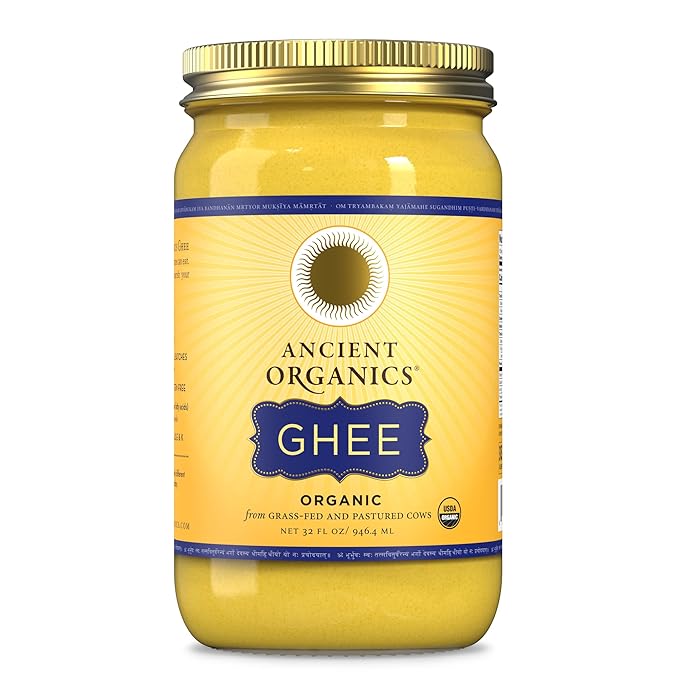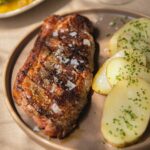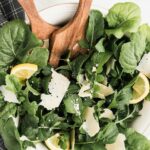According to the World Health Organization (WHO), cancer is the second most popular cause of death around the world, claiming over 8 million lives in 2015 alone. There are many environmental factors that contribute to the development of cancer, including food.
When it comes to food, choosing the healthiest cooking oil is one piece of the puzzle you should consider.
Different Types of Cooking Oils
There are two main types of oils: animal-based and plant-based. You’re probably very familiar with animal-based oils like butter, lard, and ghee. These fats are often labeled as “bad” due to their saturated fat content.
So, people turn to plant-based oils, believing they are a healthier option because they are rich in polyunsaturated fat.
Popular plant-based oils include olive oil, coconut oil, peanut oil, and corn oil.
But plant-based oils are not created equally. While some are a great choice in the kitchen, others can be pretty harmful—especially when heated. That’s when we’ll have to turn our focus to vegetable and seed oils.
Vegetable Oil Health Risks
Polyunsaturated fats do provide health benefits, but like anything else, we need to eat them in moderation and consume high-quality polyunsaturated fats.
According to Dr. Josh Axe, the modern Western diet seems to overdo polyunsaturated fats. That’s because “Unsaturated fat makes up 74% of the fat that is found in clogged arteries, and more than half of that is polyunsaturated fat.”
The problem isn’t just the polyunsaturated fats in our cooking oils, however. According to Professor Grootveld from the University in Leicester, England, you need to be careful with how you use them in the kitchen.
“People have been telling us how healthy polyunsaturates are in corn oil and sunflower oil. But when you start messing around with them, subjecting them to high amounts of energy in the frying pan or the oven, they undergo a complex series of chemical reactions which results in the accumulation of large amounts of toxic compounds.”
In short, high heat can alter polyunsaturated fats and make them unhealthy.
These toxic compounds are chemicals called aldehydes, which have been linked with cancer. So, whether you fry, roast, or sauté with certain vegetable oils, the heat can create a very harmful food that you don’t want to eat.
The Problem With Vegetable Oil Production
Common vegetable oils are anything but natural. In fact, they’re processed using very high temperatures, lots of pressure, and chemical ingredients.
This production ends up creating a food rampant with free radicals, which can increase cancer risk.
Another problem with vegetable oils is that they’re hydrogenated. Hydrogenation works by forcing hydrogen into the oil. This helps to increase its shelf life.
But this added hydrogen actually changes the structure of the fat itself. In fact, certain fat molecules switch around and point in the opposite direction. Hence the name “trans fat.”
While hydrogenation is a smart way to make an oil last longer, it’s actually a process that makes oil toxic – whether they’re heated or not.
These fats are the absolute worst food you can consume. That’s because they can damage the immune system and gastrointestinal system and lead to diabetes, obesity, and cancer.
While this 1997 study only reveals an association between trans fat and breast cancer, the evidence is hard to ignore. Here, researchers found that there were higher levels of trans fat in the bodies of women with breast cancer compared to those women without breast cancer.
The old adage states, “You are what you eat,” and the foods we eat can either support health or compromise it. Certain vegetable oils, especially if they’re heated and/or hydrogenated, only threaten health.
Vegetable Oils to Avoid
There are many vegetable oils available, but which ones should you avoid? Let’s take a closer look:
Soybean Oil
Along with being hydrogenated, soybean oil also contains high amounts of omega-6 fatty acids, which can increase inflammation throughout the body and lead to disease.
Corn Oil
Corn oil contains an incredibly high amount of omega-6 fatty acids, which, like soybean oil, can contribute to systemic and chronic inflammation.
Canola Oil (Also Known as Rapeseed Oil)
We often blame animal fats—saturated fats—for raising cholesterol levels. However, canola oil contains oxidized cholesterol, which is incredibly bad for cardiovascular health and increases cancer risk.
Cottonseed Oil
Along with being hydrogenated, this trans fat is also genetically engineered and could cause health problems.
Sunflower Seed Oil
Research has found that the linoleum acid within sunflower seed oil can promote the development of breast cancer tumors. When this oil is hydrogenated, it increases oxidation and, therefore, free radical damage throughout the body.
These five fats are hydrogenated and have a high omega-6 level. When heated, they can also release toxic chemicals—chemicals linked to cancer.
It goes without saying that we should avoid these oils at all costs to protect our bodies from cancer and a wide range of other diseases too.
Healthiest Cooking Oil Options
Now that we know which vegetable oils are unsafe and unfit for human consumption, you’re probably wondering which cooking oils are safe for us to use and which one is the healthiest cooking oil.
To answer your question, here’s a brief introduction to the top three cooking oils to have in your kitchen.
Coconut Oil
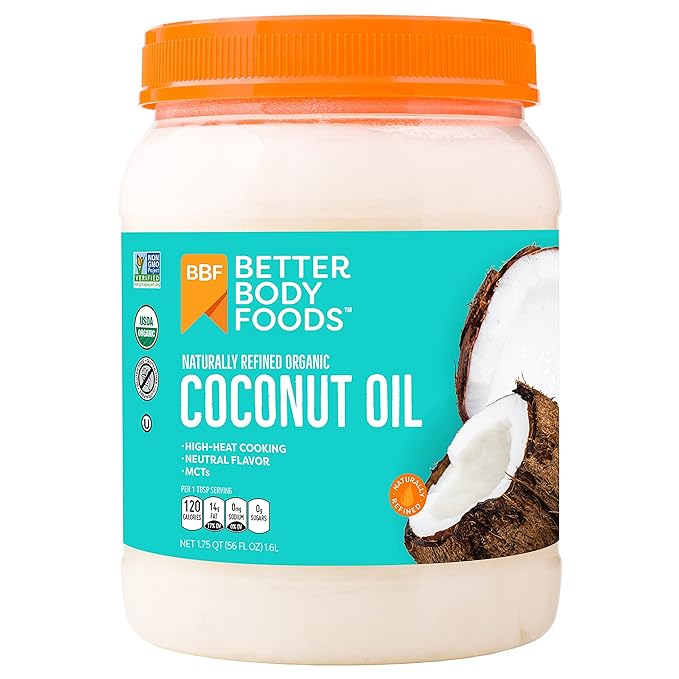
BetterBody Foods Organic, Naturally Refined Coconut Oil
– Neutral flavor and aroma
– Smoke point: 425°F
– Also suits for high-heat cooking
Coconut oil is an excellent cooking oil because it remains stable at high temperatures. This means the fat doesn’t become oxidized and contribute to free radical damage.
What’s more, when it’s heated, it doesn’t release toxic chemicals.
Another healthy cooking oil option is avocado oil, which works similarly to coconut oil.
Grass-Fed Butter or Ghee
This animal-based cooking oil is also a good choice. Just be sure to use high-quality butter from grass-fed cows that aren’t given hormones or antibiotics.
Lard
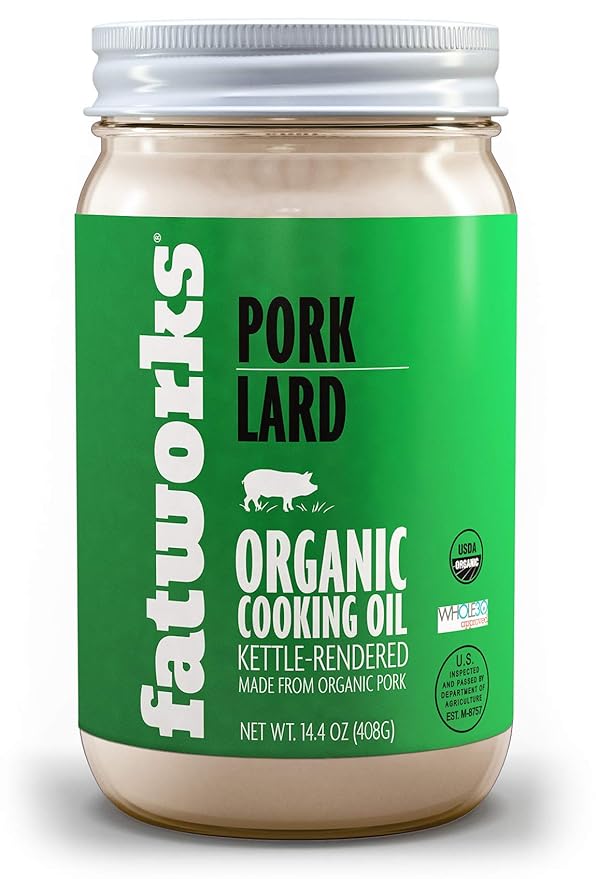
Fatworks, Certified Organic Pork Lard
– Certified Organic, Non-GMO, Lard,14.4 oz
– Non-hydrogenated, non-deodorized and never bleached
– Organically Certified by USDA as free range, antibiotic free, added hormone free and free from harmful synthetic pesticide
Lard is pig fat, but make sure it comes from pigs that weren’t treated with hormones or antibiotics.
Is Olive Oil Healthy for Cooking?
You’re probably wondering where olive oil fits into this conversation about cooking oils and cancer. Olive oil is an excellent vegetable oil.
For one thing, it’s not hydrogenated. Instead, it’s made almost entirely of monounsaturated fatty acids, which can actually fight free radical damage. It’s also associated with a lower risk for breast cancer, too.
Even though olive oil is a healthy vegetable oil, it shouldn’t be heated. That’s because it’s not as stable as coconut oil, butter, and lard. Heating it can cause it to become rancid and contribute to free radical damage.
So, by all means, enjoy olive oil. But drizzle it over your meals once you’ve finished cooking them. This way, you get all of its benefits without additional risks.
Cooking oils can be safe or pretty dangerous. And certain ones can increase your risk for certain cancers. So, just be sure to avoid certain cooking oils. And when necessary, avoid high temperatures with certain oils, like olive oil.


